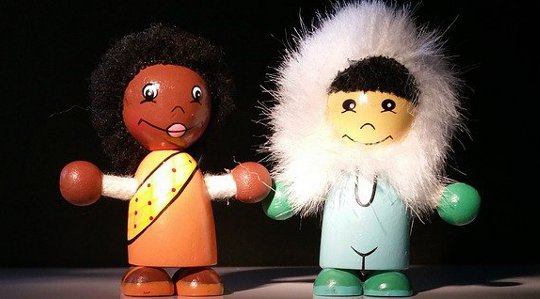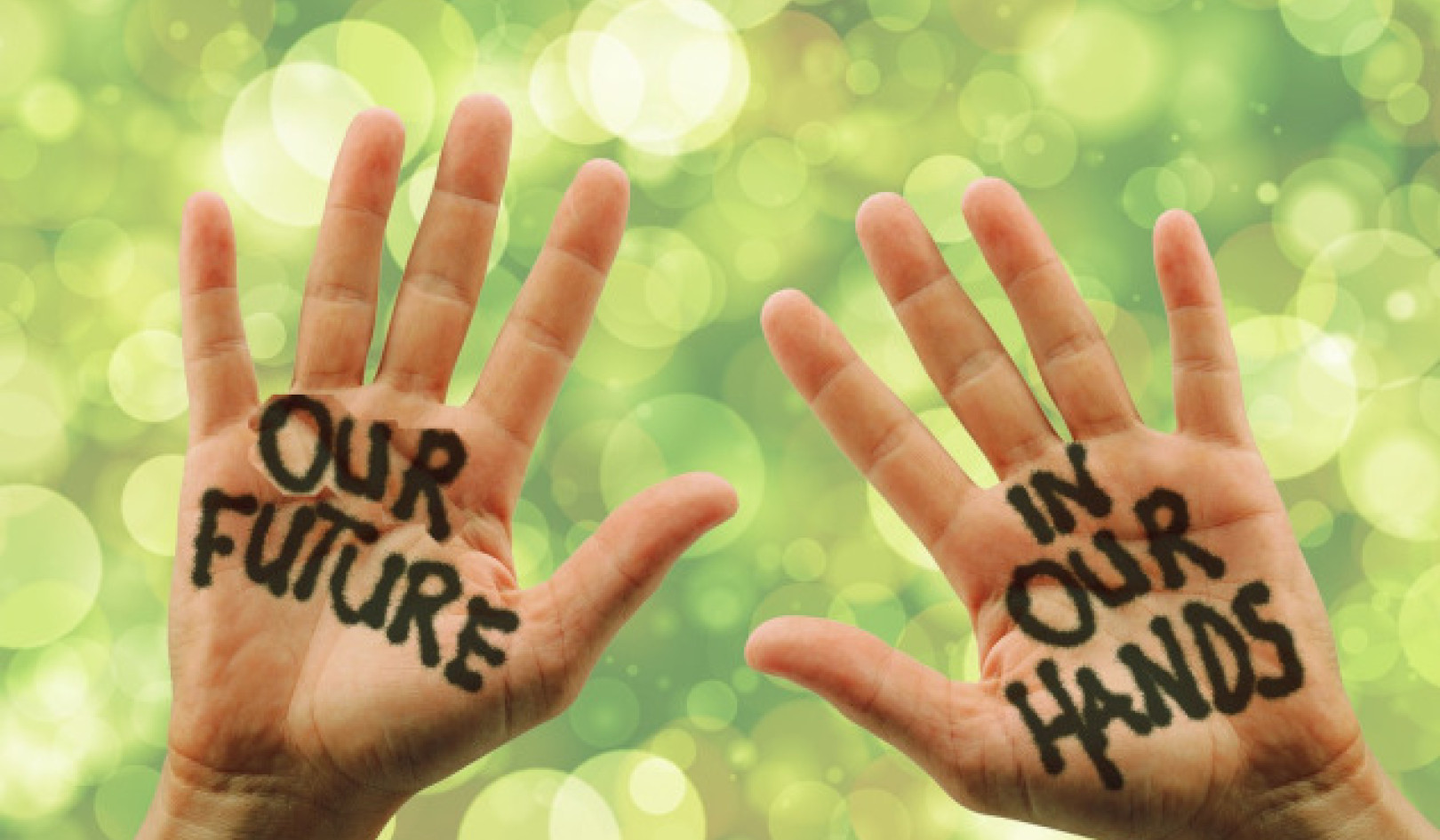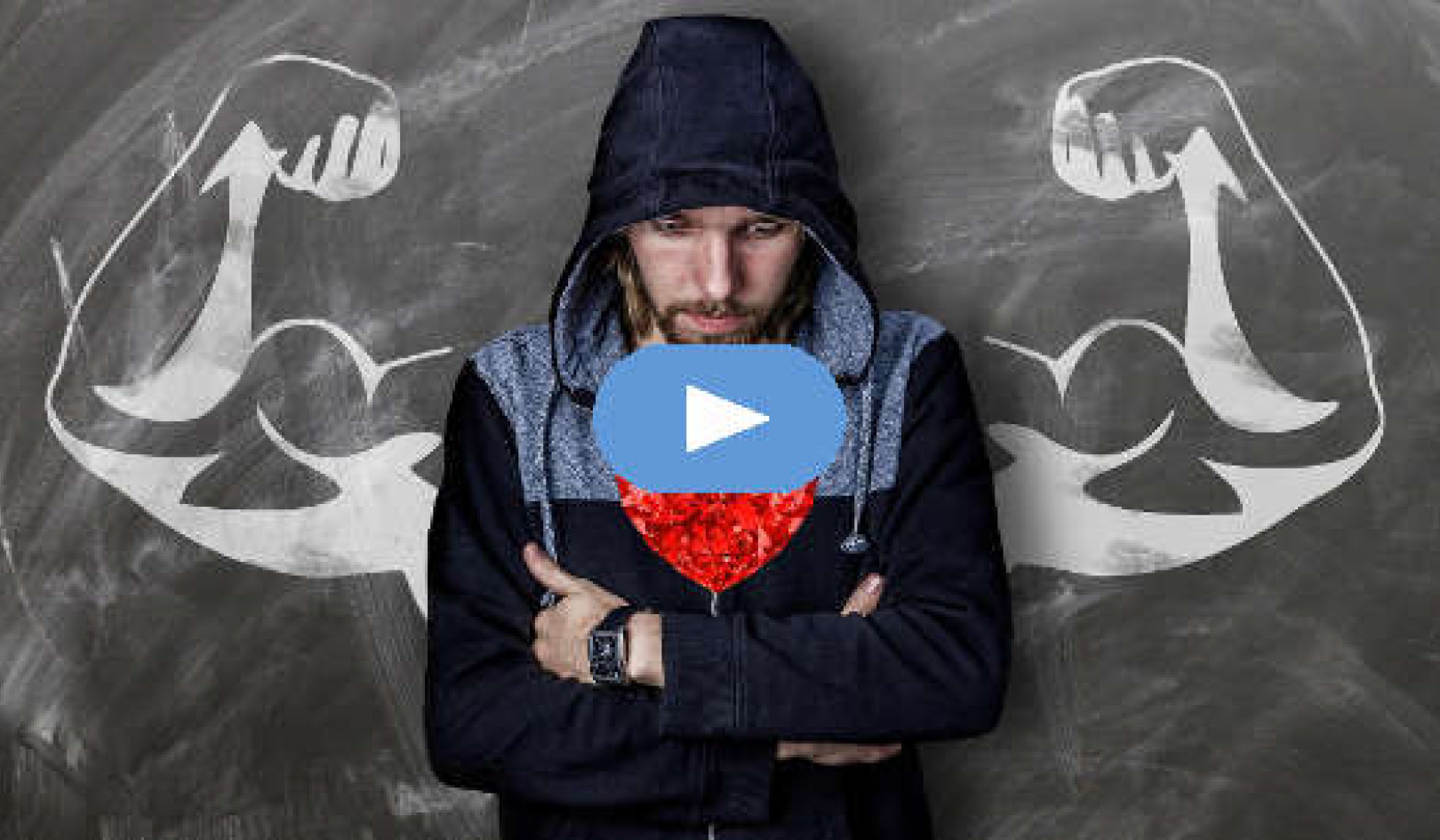
Alone, all alone
Nobody, but nobody
Can make it out here alone.
-- MAYA ANGELOU
We have been so conditioned to paying attention to skin tone that most times we are not aware of how strongly our attractions and repulsions are related directly to how we respond to color. If you were to enter a room filled with a race of people who were different from you, what would your experience be?
Because of our social conditioning, when we first meet someone racially different, we usually start by looking for faults. A principle of attitudinal healing states that instead we can become love finders. The key word is can, we don't have to -- it is a choice.
Our own personal experience of racial healing has shown us that when we become love finders, we feel better. Fault finding along racial lines usually serves as a means to lower the value of, or make ourselves feel better than, the "other". In this way, fault finding serves as a means to justify an illusory sense of superiority.
Being Willing to Stop Fault Finding
To become a love finder requires us to be vigilant and self-realized. Most of us are just regular, ordinary people; therefore, vigilance will be our primary tool for taking note of our blaming and fault finding. In order to be love finders, we must be willing to stop the fault finding so that the love finding can surface. To be love finders requires us to first love ourselves, which also means to be free of fear.
We have met some wonderful people through our Healing Racism Workshops, and we believe that their stories are significant for others who are struggling to look more deeply into racism and ways to bring healing to this elusive and sometimes volatile issue. Many of the people who attend our sessions on healing racism are baby boomers and were hopeful during the 1960s when the civil rights movement was at its peak. These same people became cynical when their heroes such as the Reverend Dr. Martin Luther King Jr., and President Kennedy, and other heroic people lost their lives trying to bring change in the racial arena.
Looking Deeply at our Emotional Blocks
Many of us expressed a great deal of despair because we were learning the hard way that the way people think cannot be legislated. It was difficult for us to accept that we had legally integrated our society, but that emotionally we appeared more separated than ever along racial lines. The Healing Racism Circles, as well as the workshops, became a place to begin a dialogue to look more deeply into our emotional blocks to accepting and loving one another unconditionally.
Many of the people who have attended our sessions have become friends and supporters of the work that we do. Many times we have been told by participants how much they admire our courage to tackle such a difficult problem. We always commend them for joining us on this journey to racial healing, because we know at a heart level we could never do this work alone.
Other people's stories are powerful, too, and hearing their stories has helped us to continue the work that we do. There are many reasons why they choose to come to a Healing Racism Workshop or Circle. The most important thing for us is that they have come. We believe that it only takes a little willingness to start the process of learning to see differently, learning to become love finders. It is that little willingness that made the difference between a choice for peace and joining or a choice for conflict and separation.
Ron's Story
One remarkable man has been coming to our Healing Racism Circles for about a year now; however, we have known him for about ten years. We first met him at the Center for Attitudinal Healing in Tiburon. Ron Alexander was forty-three years old then. He is fifty+ now and feels more grounded in the principles of attitudinal healing. When we first met him, Ron's thick southern accent gave him away immediately. He had grown up in South Carolina. When we first knew Ron, he never talked openly about his life in the South or what it was like for him growing up in an apartheid situation. It was only recently that we learned of his deep interest in racial healing. Ron is a counselor by profession and a wonderful human being.
At one of our dialogues, Ron spoke openly about his upbringing and his struggle to come to terms with it. He spoke about being taught as a child that "black people had their place and as long as they kept their place they were okay". He said, "I was taught that they were unclean and inferior. I was so racist, I could not listen to Dr. Martin Luther King Jr., because of his accent." It was amazing to hear Ron's comment on Dr. King's accent, because Ron spoke with the same southern accent that Dr. King spoke with.
Journey to Healing
Ron's journey to healing began when he began to grow spiritually and educate himself through traveling overseas. This opened his mind to the variety of groups of people speaking different languages, and he realized that all he spoke was English. He told of reading the life of Krishnamurti. It was then that he began to reach out to people of color.
Ron spoke of his healing truly beginning when he was able to look at differences and learn to be a love finder rather than a fault finder. He said when he was in the South, listening to Dr. Martin Luther King, Jr. was difficult: "He was too black. I was too prejudiced. I could not hear what he was saying."
In the last few years, Ron has changed his life by changing his heart about racial differences, and he has also read Dr. King's speeches and many books about the civil rights movement. He has come to realize what a brilliant man Dr. King was.
Ron Alexander has taken his change of heart and put it into action. Ron committed himself to working with other white men and women who he feels need to look more deeply into the concept of white privilege. Utilizing the principle "We can learn to be love finders rather than fault finders," Ron facilitates dialogues focused on internalizing racial healing. He recently moderated an inter-ethnic panel discussion on nonviolence. He also was very active in launching the Season of Nonviolence, which commemorates the assassination of Mahatma Gandhi on January 30 in 1948 and Martin Luther King, Jr.'s assassination in 1968. Ron Alexander's transformation validates what can happen when there is a true willingness to see differently.
PUTTING IT INTO PRACTICE
"We can become love finders
rather than fault finders."
1. Read these reminders slowly and repeat every two or three days over the next six weeks:
* I understand that by becoming a love finder, I will recognize and honor all beings with affection and an open heart, no matter what their race, ethnic origin, religion, or creed. I am open to receive this same capacity of recognition, honor, and affection from all beings.
* I understand that all the faults I find in different races are actually my own faults reflecting back to me. It is as if I am looking in a mirror.
* This moment I release all my faulty assumptions and misinformation about other races.
* I commit this day to be a love finder from morning to night.
* I will be sensitive to fault finding grounded in racism that is made by my family, friends, or coworkers. I will find the courage to speak up.
2. Write down two choices you made today that stopped you from becoming a love finder. State two actions you can take that will move you toward being a love finder.
3. List five negative stereotypes you wish to eliminate that will help you to love more authentically across racial and cultural lines.
4. Be sure to acknowledge your progress along the way.
Published by H J Kramer,
PO Box 1082, Tiburon, CA.
©1999. All rights reserved.
Article Source:
Beyond Fear: Twelve Spiritual Keys to Racial Healing
by Aeeshah Abadio-Clottey and Kokomon Clottey.
 Addressing racism in a distinctively different way, this seminal work presents a refreshing new vision of the internal peace that is possible for each individual, and ultimately for our society as a whole.
Addressing racism in a distinctively different way, this seminal work presents a refreshing new vision of the internal peace that is possible for each individual, and ultimately for our society as a whole.
Click here for more info and/or to order this book
About The Authors
Recipients of the Jampolsky Award for Exemplary Work in Attitudinal Healing for the Racial Healing Project and the Ghana Project, Aeeshah Abadio-Clottey and Kokomon Clottey are internationally recognized for their workshops on racial healing. Together they founded the Attitudinal Healing Connection in Oakland, California, and Ghana, West Africa. The Attitudinal Healing Connection's website is http://ahc-oakland.org/




























